ADB approves $75m loan for improvement in Sindh's secondary education sector
It took ADB more than two years to approve the small-scale project
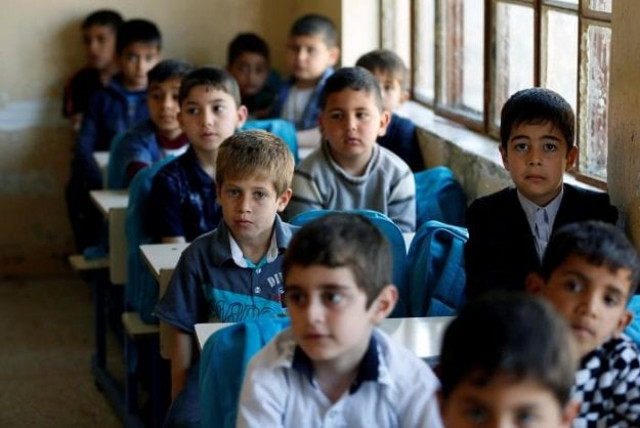
A representational image. PHOTO: REUTERS
It took the ADB more than two years to approve the small-scale project.
According to an October 2017 proposed project datasheet, at least 4.9 million children, between the ages of 10 and 16 years, are out of school in Sindh. The enrolment rate of grades 9 and 10 in Sindh currently stands at 25%, which is significantly lower than the average of 62% for lower-middle-income countries.
As many as 31% of grade 5 public school students drop out before middle school. There are wide disparities in access to schooling across gender, geography, and socio-economic quintiles in Sindh. The net enrolment rate for girls at the lower secondary level was 20% in 2015 - nine percentage points below that for boys - while the gap in literacy rate for girls and boys aged between the ages of 15 and 24 years was 17 percentage points. Public girls' schools make up just 33% of all public high schools in the province.
ADB approves $200m loan for BISP
Pakistan has 22.8 million out-of-school children, 28% of whom are in Sindh. The province also has the second-lowest gross enrollment ratio and net enrollment rates at all education levels in the country.
The roadmap
The secondary education sector faces challenges ranging from outdated and dilapidated infrastructure, lack of access to schooling - particularly for girls - and poor teaching and learning quality, especially for core subjects including language, mathematics, and science.
"Given the province's strategic location, economic importance and young workforce, Sindh has the potential to transform itself into a key driver of economic growth and development in Pakistan," said ADB Principal Education Specialist for Central and West Asia, Norman Larocque.
"Efforts to improve the education system and infrastructure in the province are important to ensuring that graduates have the necessary knowledge and skills to contribute productively to the country's growth and development."
The Sindh Secondary Education Improvement Project will finance the construction of around 160 new secondary school blocks within the existing government school compounds, largely in 10 districts in southern Sindh. The new blocks will feature gender-responsive features such as separate sanitation facilities and separate prayer rooms for females. They will also be fitted with solar power. Secondary school blocks will be managed by private partners under the government's education management organisations programme.
Pakistan seeks $1b ADB loan to repay foreign debt
The project will also improve teaching capacity in five key subjects, namely English, mathematics, biology, chemistry, and physics, through the introduction of a teacher training and mentoring program using information and communication technology and state-of-the-art laboratory equipment in selected schools.
The province's secondary education examination system will be improved by increasing its emphasis on critical thinking through the provision of new technology and by capacity development for examination board assessors and staff.
The total cost of the project stands at $82.5 million, with the Government of Pakistan contributing $7.5 million. The project is expected to be completed by the end of 2025.
Published in The Express Tribune, October 29th, 2019.



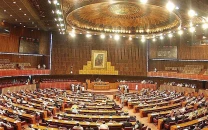
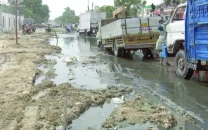
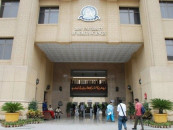






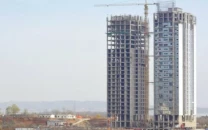






COMMENTS
Comments are moderated and generally will be posted if they are on-topic and not abusive.
For more information, please see our Comments FAQ